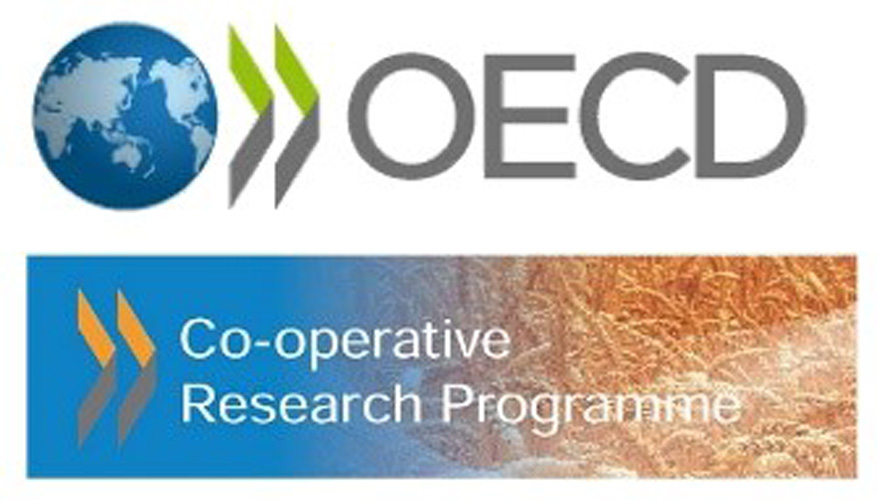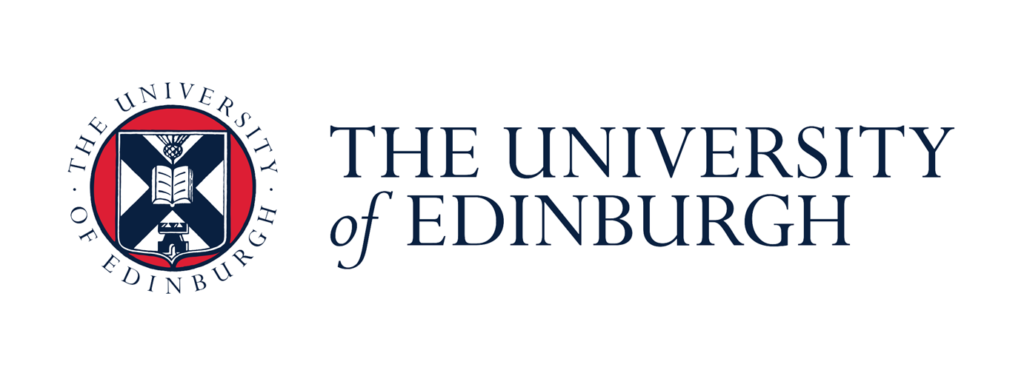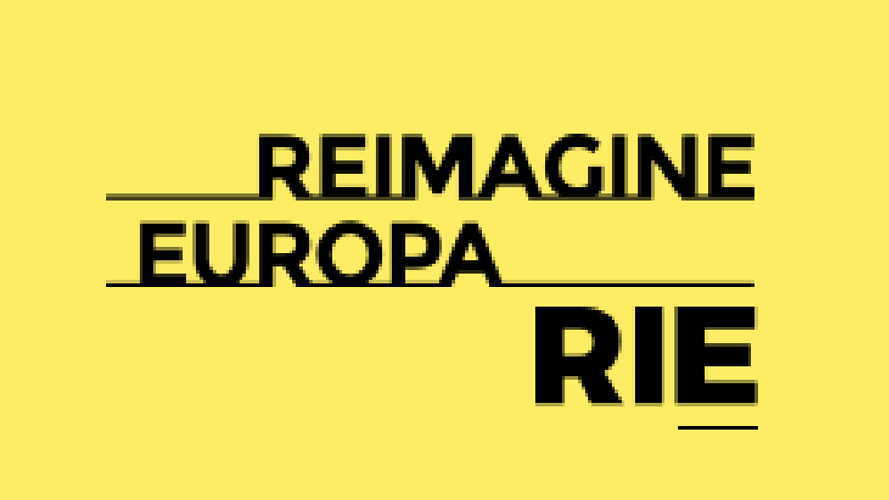SwiftEST Partners & Clients
“As Europeans, we are at a turning point – we must re-seize the pragmatism that was so central to the founding spirit of the Union or be swept away by the tide of history. From individuals to nations to the European institutions, we must work together to tackle our joint challenges.”
Re-Imagine Europa (RIE) is an “incubator” for new political ideas – a think tank for the 21st century – that acts as a convener, catalyst and communicator to reimagine our future. The aim is to be both innovative and strategic in our approach as well as pragmatic and concrete.
Convener
We work closely with our partners to ensure that all stakeholders, leading institutions and experts participate actively in the formulation of proposals to develop new solutions. Our strategy relies on teamwork and collective intelligence: bringing together experts with various backgrounds from different organisations ensures that proposals reflect the best ideas and research from across sectors, disciplines, and countries. New ideas can be discussed through the lens of political expertise, industry perspectives, civil society priorities and leverage on the collective intelligence of the group.
Catalyst
We work on a few key issues of strategic importance to Europe – as identified by the Advisory Board – to provoke new thinking and significant action. Our aim is to think systemically and long-term about these issues and posit the question in a new light, adapted to the 21st century, to enable new thinking and innovative solutions. We do not focus on short-term legislative action but on changing the way we think about an issue.
Communicator
We aim to engage people in building shared visions that can have a positive impact on their future. An increasingly influential stream of research demonstrates the integration of cognition and emotion in political decision-making, indicating the crucial importance of narratives in building shared visions. Therefore, a key pillar of the work of Re-Imagine Europa is focussed on developing stories and images that can posit old problems in a new light, bringing people’s views of the world closer.
As an incubator of new political ideas, the activities of Re-Imagine Europa are goal-oriented and future-looking. Our methodology is inclusive and aims to foster creative thinking.

Research and innovation in agriculture, food, fisheries and forestry are global priorities
The world will need to feed a population of at least nine billion by 2050. The ability to do so hinges on the sustainability of the world’s natural capital and its food production systems. Knowledge sharing and innovation in agriculture, food, fisheries and forestry have never been so important. Governments across the world have declared their commitment to agricultural research.
What is the Co-operative Research Programme: Sustainable Agricultural and Food Systems (CRP)?
The OECD’s Co-operative Research Programme: Sustainable Agricultural and Food Systems (CRP) exists to strengthen scientific knowledge and provide relevant scientific information and advice that will inform future policy decisions related to the sustainable use of natural resources in the areas of agriculture, food, fisheries and forests.
The CRP:
- helps achieve globally agreed policy objectives by facilitating international co-operation among research scientists and institutions. In doing so, it strengthens scientific knowledge and innovation.
- places a policy emphasis on all the activities it funds. CRP findings provide valuable evidence and information to support policy makers in promoting the sustainable use of natural resources in food, agriculture, forestry and fisheries.
- focuses on global issues such as food security, climate change and the inter-connectedness of economies through trade and scientific co-operation. This enables CRP-funded research to generate benefits for people around the world, producing results that resonate within and beyond the programme’s member countries.
How does the CRP achieve its objectives?
Fellowships: CRP funds short-term research projects for individual scientists in other CRP member countries. These individual travel bursary awards strengthen the exchange of ideas and increase international mobility and co-operation. Some 76% of the fellowships result in long-term co-operation between the fellow and their host institutes, a major goal of the programme.
Conferences: The CRP sponsors international conferences and workshops to help keep policy makers, industry, and the academic world informed of innovative research, scientific developments and opportunities.
These activities:
- promote co-ordination among stakeholders to ensure that their objectives do not overlap or contradict each other
- provide objective evidence of the possible outcomes of approaches and options
- support the definition of measurable policy objectives (e.g. the incorporation of soil security into national law)
- highlight the links between agriculture and diverse policy areas (e.g. the role of education in ensuring food security and sustainability).

The Innogen Institute is a collaboration between the University of Edinburgh and the Open University that produces high quality research and supports the delivery of innovation that is profitable, safe and societally useful. We build, nationally and internationally, on fundamental and applied research in science, medicine, engineering and social science.
Innogen research has global societal and economic impact on innovation in life sciences and related areas in energy and information technologies.
We are pioneering approaches that connect people, policy and practice to deliver innovative solutions for real-world problems and opportunities.
